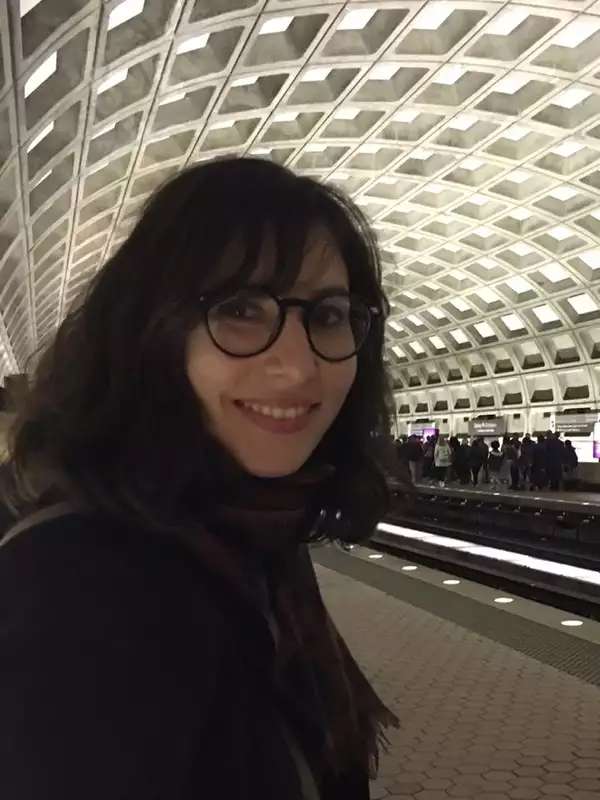
Duygu Oya Ula
Department
English, First Year Foundation
Office
Office Hours
Contact
Duygu Ula works on queer film, contemporary art, literature and theory in the Middle East and the Balkans. Her current project on local queer aesthetics explores how filmmakers and visual artists from these regions envision modes of queerness that take their bearings from a local and culturally-specific visual lexicon. Taking these cultural productions as a starting point for a ground-up and local queer theory, her research focuses on the possibilities the various cultural, linguistic and artistic contexts of the global south can afford us to rethink globalized and western-centric understandings of gender and sexuality. She received her Ph.D. in Comparative Literature from the University of Michigan, with certificates in LGBTQ Studies and Film, Television and Media Studies.
Most recently, her articles on queer contemporary art and aesthetics, queer literature and disability studies in the Middle East have been published in GLQ: A Journal of Lesbian and Gay Studies and Middle Eastern Literatures.
- Ph.D., Comparative Literature, University of Michigan
- M.A., Cultural Studies, Sabancı University
- B.A., English and Creative Writing, Cinema and Media Studies, Wellesley College
First Year Writing: Queer/Migrant, First Year Writing: Subverting the Script, First Year Seminar: Here/There: Migrant Narratives, First Year Writing: Lives in Translation, Global Queer Cinemas, Queer Visions in Contemporary Film
- American Comparative Literature Association (ACLA)
- Modern Language Association (MLA)
One of the most important skills you can develop as a first-year writing student is the practice of turning a critical eye towards your own assumptions, practices and expectations, both regarding the course themes we will study and your own writing practices. In this class, we’ll aim to discern how the texts we encounter shape and determine our perception through their style and rhetoric, and how we, in turn, can use that awareness to be more deliberate in our own writing. Using the close reading and critical analysis skills we will develop over the course of the semester as our primary tools, we will work on building cogent and nuanced arguments that engage with the texts and the existing scholarly conversations around them in new and unexpected ways.
My FYW course for Fall 2019, “Legacies of the Mediterranean: Queer/Migrant,” focuses specifically on narratives of queer and/or migrant subjects, who must negotiate their identities vis-à-vis dominant discourses of gender, sexuality, race, ethnicity, nationality and citizenship. Often positioned in the periphery of the dominant cultural, political and linguistic spaces, queer and migrant narratives offer us a critical perspective on the invisible structures and institutions that order and shape our world. In Giovanni’s Room, for instance, James Baldwin lays bare how class and ethnicity inform the queer and migrant experiences of his characters, while Virginia Woolf’s Orlando pushes us to examine how our understanding of gender and sexuality depends on the cultural, religious and geographic spaces we inhabit. Poems, short stories and nonfiction by other queer (im)migrant authors such as Warsan Shire, Masha Gessen or Trish Salah allow us to consider contemporary issues like the refugee crisis, LGBTQ rights discourses and diasporic trans* subjectivities, while theoretical texts by scholars of queer and diasporic studies, such as Jasbir Puar, Gayatri Gopinath, Maya Mikdashi and Edward Said, help us articulate how transnational power dynamics impact the lives of minority subjects.
My own research focuses on how queer identities are articulated in contemporary art, film and literature in Eastern Europe and the Middle East and how paying attention to marginalized or understudied regions can help us challenge dominant narratives of gender and sexuality. This is the sensibility I bring to my FYW: Legacy of the Mediterranean course, where we will explore the radical potential of texts that challenge the status quo and that insist on claiming a space for marginalized narratives.